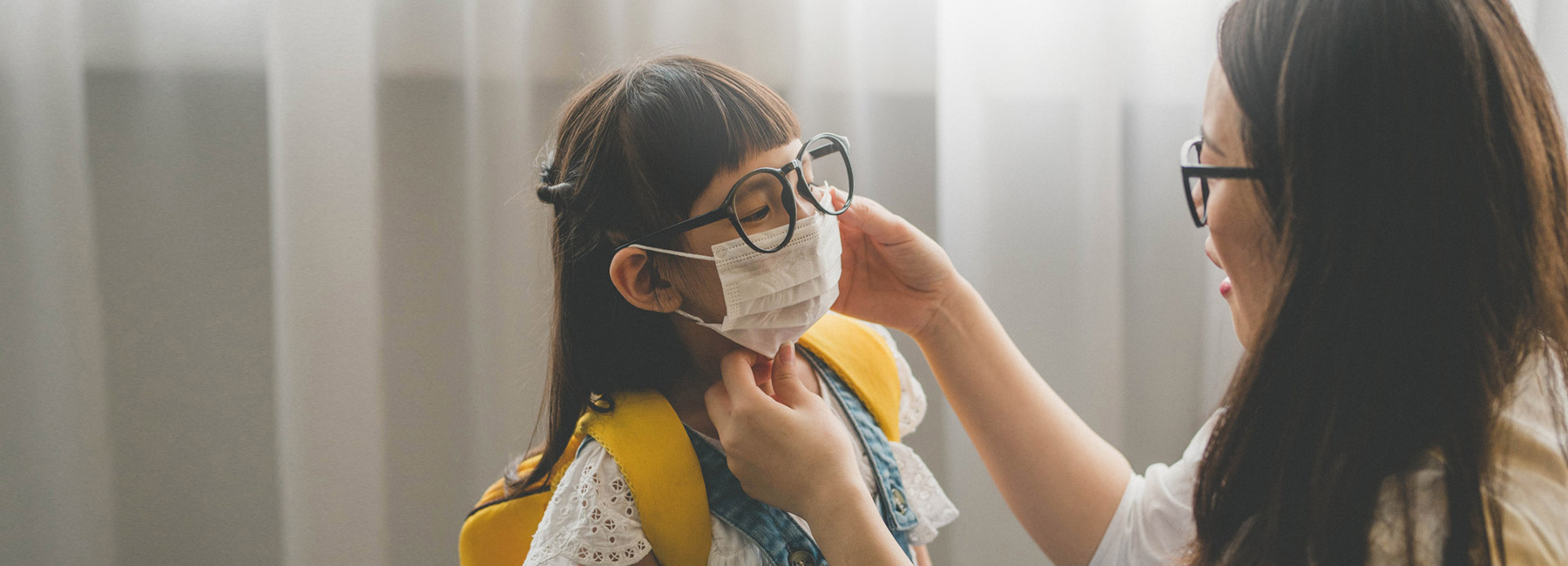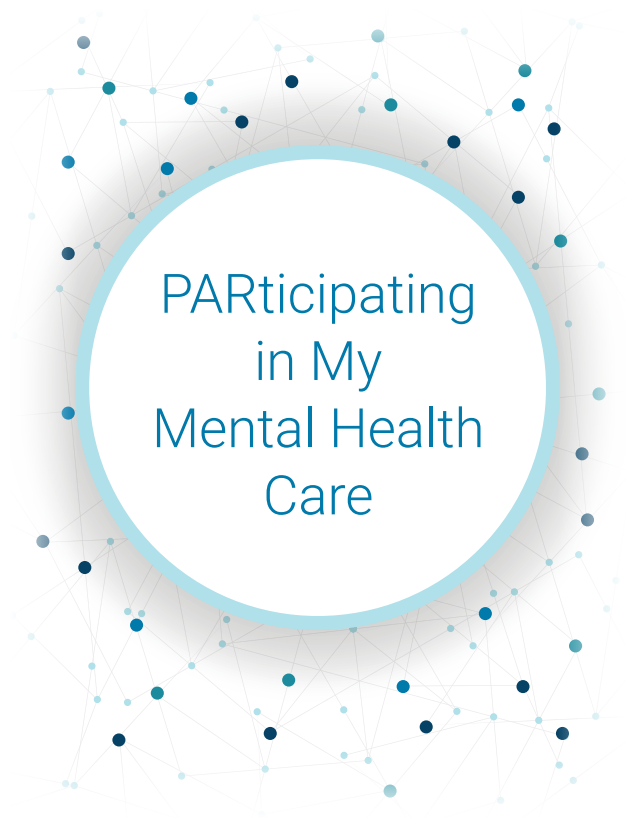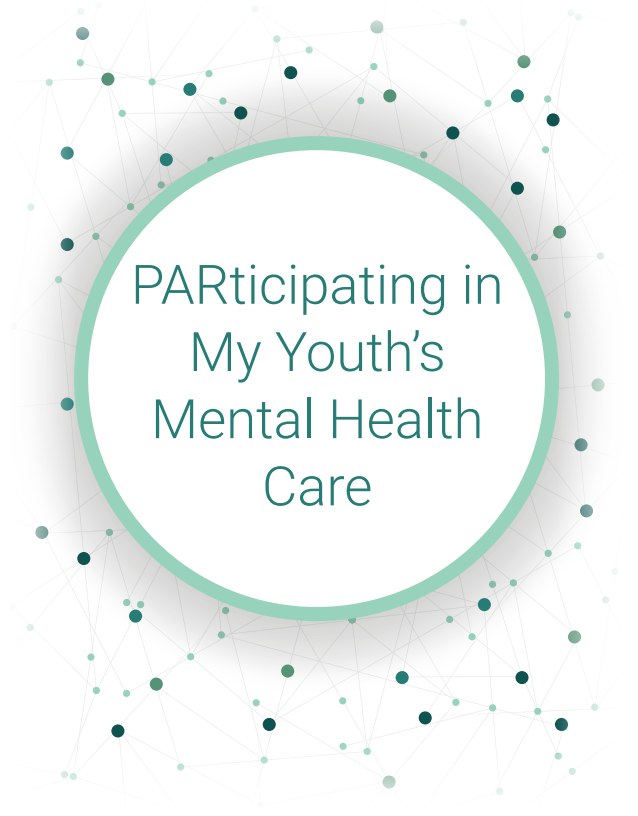
COVID-19 pandemic response
Addressing mental health and addictions priorities post-pandemic
We remain committed to supporting service providers and agencies that continue to address post-pandemic challenges, old and new. Ever-evolving client needs, new working realities and service provider well-being are top of mind as recovery continues.
Understanding the impact on young people and families
From the outset, we saw that provincial and federal measures to slow the spread of COVID-19 would have a significant impact on the daily lives of Ontario’s children, young people and families. That’s why we launched a research project with the CHEO Research Institute to better understand the impacts and how we — and others in our sector — could better support children, young people and families during and after the pandemic.
One year later, we took the research a step further to check in on how young people were doing, what mental health services and supports they had accessed since the beginning of the pandemic and how these services could be improved.
Here’s what we learned from what young people, parents and caregivers had to say:
-
Young people learned about mental health and addiction services in many ways — through recommendations from family and friends, receiving information from a family physician or hospital, or searching websites and social media for answers.
-
Young people emphasized that information about mental health and addictions, and where to get help, needs to be youth-friendly, credible, engaging, and easy to find and understand.
-
Young people would like to choose what services or supports they access and when and how they can access them. Young people’s service preferences often related to their perspectives on privacy, convenience, or the type of service or needs.
Based on the findings from the study, we worked with young people, caregivers and mindyourmind to co-develop tools for young people and their caregivers to explore what mental health and addiction supports are available to them.
Together we created a set of toolkits – one for young people, one for caregivers –with information, activities, and worksheets that can be personalized to support young people as unique, active participants in their mental health or substance use care journey. You can find the toolkits, and our previous research findings linked below:
Additional resources
The following resources were compiled and developed to support agencies’ and service providers’ unique information needs throughout the pandemic.
| Peer-reviewed publications |







